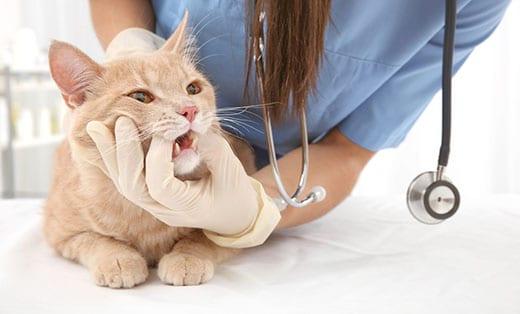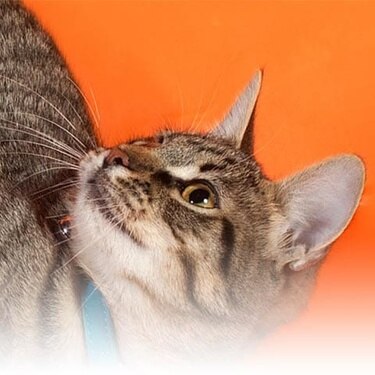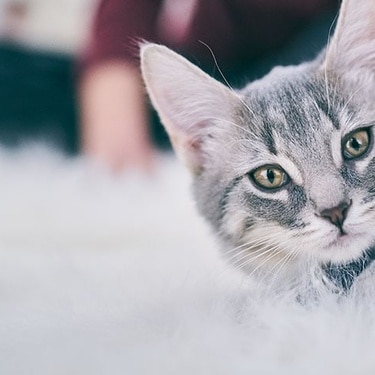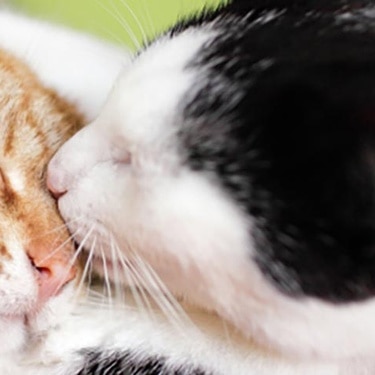
-
Find the right food for your petTake this quiz to see which food may be the best for your furry friend.Find the right food for your petTake this quiz to see which food may be the best for your furry friend.Health CategoryFeatured products
 Healthy Mobility Large Breed Chicken Meal, Barley & Brown Rice Recipe Dog Food
Healthy Mobility Large Breed Chicken Meal, Barley & Brown Rice Recipe Dog FoodAdvanced nutrition shown to support joint health and improve mobility
Shop Now Adult 6+ Large Breed Chicken Meal, Barley & Rice Recipe Dog Food
Adult 6+ Large Breed Chicken Meal, Barley & Rice Recipe Dog FoodSupports energy level, joint health, and beautiful coat in large breed mature dogs
Shop Now Adult Perfect Weight & Joint Support Chicken & Brown Rice Recipe Dog Food
Adult Perfect Weight & Joint Support Chicken & Brown Rice Recipe Dog FoodThis weight management and mobility support dog food was created with Hill’s unique understanding of the biology of overweight dogs.
Shop NowFeatured products Kitten with Salmon
Kitten with SalmonPrecisely balanced nutrition with the delicious taste of minced salmon to help build immunity and a healthy digestive system
Shop Now Adult Perfect Weight Salmon & Vegetable
Adult Perfect Weight Salmon & VegetableOver 70% of cats lost weight within 10 weeks when fed this nutrition
Shop Now Adult Indoor Savory Chicken Entrée Cat Food
Adult Indoor Savory Chicken Entrée Cat FoodPrecisely balanced nutrition for indoor cats with the delicious taste of savory minced chicken
Shop Now -
DogCat
- Cat Tips & Articles
-
Health Category
- Weight
- Skin & Food Sensitivities
- Urinary
- Digestive
- Kidney
- Dental
- Serious Illness
-
Life Stage
- Kitten Nutrition
- Adult Nutrition
Featured articles Water
WaterWater is the most important nutrient of all and essential for life. Animals can lose almost all their fat and half their protein and still survive, but if they lose 15% of their water, it will mean death.
Read More The Right Diet For Your Pet
The Right Diet For Your PetLearn what to look for in healthy pet food & nutrition, including ingredients, quality of the manufacturer, your pet's age, and any special needs they have.
Read More Pet Food Storage Tips
Pet Food Storage TipsWhere you store your cat and dog food can make a big difference in the quality and freshness once it is opened. Here are some common questions and recommendations for optimal storage for all of Hill’s dry and canned cat and dog food.
Read More -


Whether due to gum disease, trauma or some other reason, many cats may need one or more teeth removed during their lifetime, requiring the need for cat dental surgery. If you are wondering what causes the need for cat teeth removal and what you can expect during cat tooth extraction recovery, then read on below as here's what you should know if your kitty needs to have a tooth removed.
When is Cat Tooth Extraction Is Necessary?
Periodontal disease (or gum disease) is a common cause of tooth loss in cats. It causes infection and inflammation in the gums and the bone surrounding the tooth erodes, weakening the periodontal ligament that holds the tooth in place. Loose and wiggly teeth may be painful and must be extracted.
Another situation that would call for cat tooth extraction is a broken tooth. Cat teeth can break from trauma or as a result of feline odontoclastic resorptive lesions (FORLs) or tooth resorption, which is the erosion of dentin in a tooth that becomes irreparably destroyed, according to Cornell University's College of Veterinary Medicine. FORLs causes cavities to develop that weaken a cat's teeth and cause them pain. If this is the case for your feline, then extraction is the only treatment available for FORLs.
Your cat may have a condition called feline stomatitis, a painful autoimmune condition, which causes a cat to develop a reaction to their own teeth that results in severe inflammation of the gums. The condition isn't well understood, but if treatment doesn't work, then a tooth extraction is required. Fortunately, most cats tolerate whole mouth extraction well and feel much better after cat dental surgery.



Tasty Tips
Cat Tooth Extractions: Recovery Expectations
Most cats recover quickly from a tooth extraction and generally there is no need to worry after a straightforward procedure. Your cat will probably be able to go home the same day as the procedure. However, recovery depends on your cat's overall health, how their pain is managed after the teeth removal and how they handle anaesthesia. For single extractions, recovery typically takes about one week or less. For cats who undergo multiple tooth extractions and/or have other health conditions, recovery can take a couple of weeks.
During the recovery period, the gum heals over the tooth extraction site. There are often dissolvable stitches in place that hold the gums together until they heal; these will fall out on their own.
You can help your kitty recover by feeding them canned food (this can prevent irritation to the surgery site) and by making sure they finish all pain medicine and antibiotics as prescribed. Pet parents are often surprised at how fast their feline friends recover after cat tooth extraction.
How to Prevent the Need for a Cat Tooth Extraction
In some cases, cat tooth extraction can be prevented. If your cat has periodontal disease, brushing their teeth and making sure they have an annual dental cleaning can help prevent tooth loss.
If your cat's tooth is broken and you don't want it removed, ask your vet about the possibility of having a root canal done in order to save the tooth as this may be an option that you could consider. If they don't perform root canals, ask for a referral to a veterinary dentist.
In conditions of feline stomatitis or tooth resorption, early intervention and a strong partnership with your vet can sometimes prevent the need for a cat tooth extraction — but any conditions that are painful should be treated immediately.
The Role of Nutrition is Key
In some cases, nutrition may help prevent tooth loss. Some therapeutic foods, like some Hill's Prescription Diet, are clinically formulated to reduce plaque and tartar buildup, which may help prevent periodontal disease and may contribute to healthier teeth and gums.
If your cat suffers from stomatitis, your vet may recommend trying to feed them a hypoallergenic food, to rule out the possibility of ingredient sensitivity (which is rare among cats). If your cat suffers from dental problems, ask your vet for nutritional recommendations.
Caring for a Toothless Cat
If your cat requires a full mouth tooth extraction it is important to know that your cat can still lead a happy and healthy life, including the ability to be able to eat properly. Despite common misconceptions, cats without teeth can even still eat dry kibble. Cats missing their teeth, either as a result of old age and them falling out more naturally or because of a full mouth extraction, can continue to be their old selves; be sure to ask your vet for any additional care recommendations.
It's understandable to feel nervous about your beloved cat getting dental surgery, but rest assured that most cats handle tooth extraction extremely well. Your kitty will feel much better without an achy tooth.


Dr. Sarah Wooten graduated from UC Davis School of Veterinary Medicine in 2002. A member of the American Society of Veterinary Journalists, Dr. Wooten divides her professional time between small animal practice in Greeley, Colorado, public speaking on associate issues, leadership, and client communication, and writing. She enjoys camping with her family, skiing, SCUBA, and participating in triathlons.
Related products

Precisely balanced nutrition with the delicious taste of minced salmon to help build immunity and a healthy digestive system

Precisely balanced nutrition for indoor cats with the delicious taste of savory minced chicken

Over 70% of cats lost weight within 10 weeks when fed this nutrition

Over 70% of cats lost weight within 10 weeks when fed this nutrition
Related articles

As a responsible pet owner you owe it to yourself and your cat to understand problems associated with overweight cats.

HillsPet Nutrition provides information on proper nutrition, fitness and special needs in keeping your cat healthy and happy.

Get helpful information on proper feline oral healthcare and why it's so vital to take care of your cat's teeth.

Being overweight puts a cat at risk for developing many serious health issues. Weight gain indicates an increase in body fat and usually results when your cat eats too much and exercises too little.

Put your cat on a diet without them knowing
Our low calorie formula helps you control your cat's weight. It's packed with high-quality protein for building lean muscles, and made with purposeful ingredients for a flavorful, nutritious meal. Clinically proven antioxidants, Vitamin C+E, help promote a healthy immune system.
Put your cat on a diet without them knowing
Our low calorie formula helps you control your cat's weight. It's packed with high-quality protein for building lean muscles, and made with purposeful ingredients for a flavorful, nutritious meal. Clinically proven antioxidants, Vitamin C+E, help promote a healthy immune system.

